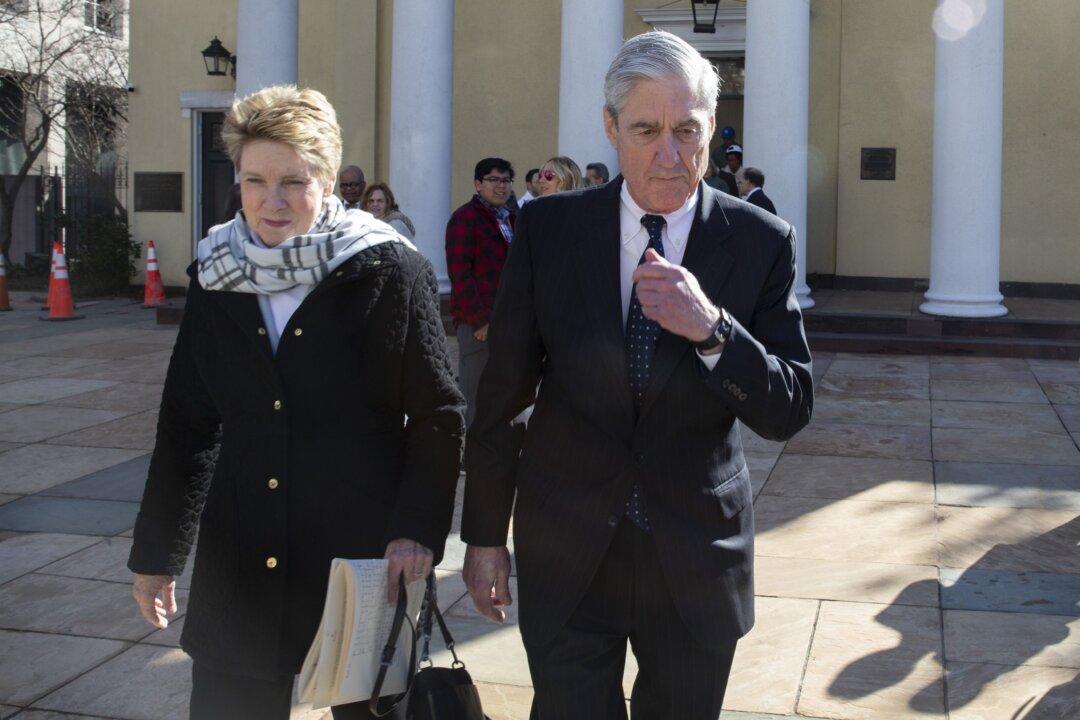News Analysis
Former Trump campaign adviser George Papadopoulos disputed a key claim in the final report by special counsel Robert Mueller about the origin of the FBI probe into Trump-Russia connections in 2016.


Former Trump campaign adviser George Papadopoulos disputed a key claim in the final report by special counsel Robert Mueller about the origin of the FBI probe into Trump-Russia connections in 2016.